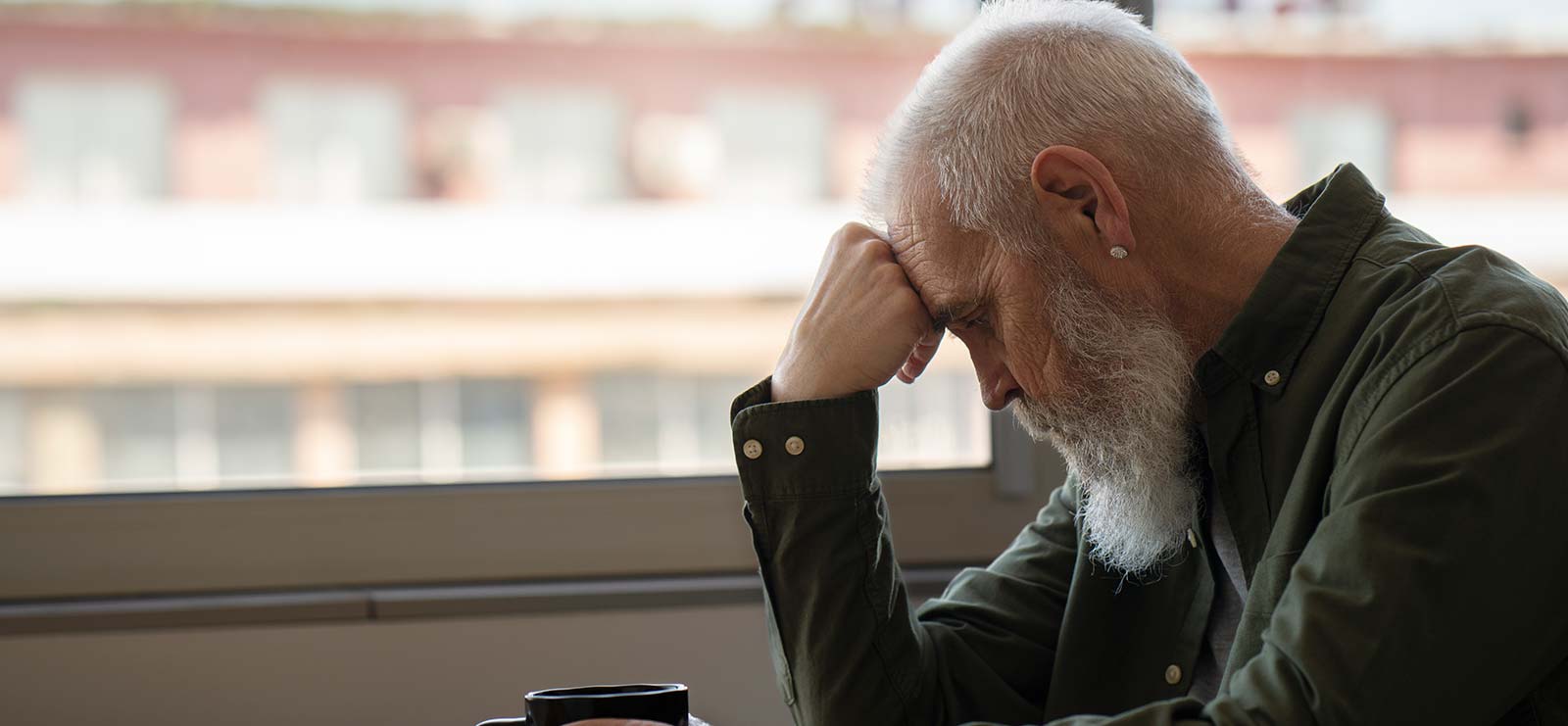Elderly depression treatment
Brooklyn, New york
Depression is a common problem among older adults, but it is not a normal part of aging. Certain life experiences that happen as we get older such as the death of a loved one, moving from work into retirement, or dealing with a serious illness, can leave people feeling sad or anxious. Many times, these experiences may cause feelings of uneasiness, stress, and sadness, and after a period of adjustment many older adults can regain their emotional balance, some adults do not regain their emotional balance and may develop Depression.
Depression in older adults can be difficult to recognize because they may show different symptoms than younger people. For some older adults with Depression, sadness is not their main symptom. They may have other, less obvious symptoms of Depression, or they may not be willing to talk about their feelings.
The following signs and symptoms must be present most of the day, nearly every day, for at least two weeks to be diagnosed with Depression:
- Persistent sad, anxious, or “empty” mood
- Feelings of hopelessness, or pessimism
- Irritability
- Feelings of guilt, worthlessness, or helplessness
- Loss of interest or pleasure in hobbies and activities
- Decreased energy or fatigue
- Moving or talking more slowly
- Feeling restless or having trouble sitting still
- Difficulty concentrating, remembering, or making decisions
- Difficulty sleeping, early-morning awakening, or oversleeping
- Appetite and/or weight changes
- Thoughts of death or suicide, or suicide attempts
- Aches or pains, headaches, cramps, or digestive problems without a clear physical cause and/or that do not ease even with treatment
Research suggests that the following may contribute to Depression:
- Low levels of key neurotransmitter chemicals in the brain (such as serotonin and norepinephrine)
- A family history of Depression
- Traumatic life events, such as abuse or the death of a loved one
Some physical health conditions, such as an overactive thyroid or low blood sugar, as well as taking certain medications, may worsen an anxiety disorder. A thorough mental health evaluation is important as anxiety disorders often coexist with other related conditions, such as depression or obsessive-compulsive disorder.

WHY IDCC?
IDCC offers mental health professionals who have experience with the special physical, emotional, and social needs of older patients that allows for a comprehensive approach to diagnosis and treatment. Such care includes listening and responding to the concerns of the older adult, helping families, and when necessary, working with other health care professionals to develop effective approaches to treatment.
Co-existing medical illnesses, medications, and family issues are all aspects that need to be taken into consideration when treating older adults who are experiencing mental illness. IDCC clinicians use their expertise and experience to create a treatment process that integrates a comprehensive program of care, making full recovery attainable.
TREATMENT OPTIONS
Effective treatment of Depression in older adults may require more than one approach and many times may use a number of the following therapies:
- Psychotherapy: Ongoing talk therapy can be a source of support for elderly patients. Short term, solution focused therapy (Cognitive Behavioral Therapy) can also be effective in helping elderly patients eliminate thinking patterns and behaviors that contribute to depressive symptoms. Research shows that making adjustments for older patients to include addressing physical health and religious/spiritual beliefs improves treatment outcomes.
- Support groups: Groups designed to connect older adults experiencing similar issues (Depression, medical conditions, bereavement, etc.) are beneficial in establishing social support and providing a safe space to talk.
- Medication: Antidepressants can be prescribed to relieve the symptoms of Depression. Antidepressants can have significant side effects, and elderly patients are sensitive to medications. Medication will be closely monitored by IDCC staff.
Lifestyle changes: Daily exercise, healthy eating habits, and increasing social support are all important in helping elderly patients with Depression.
Friends and family members can help by doing the following:
- Schedule group outings
- Establish a weekly visit
- Assist with transportation to medical appointments
- Cook and freeze healthy meals for easy preparation
- Help create a system to ease with taking medication regularly